Navigating the Tax Implications of Working Remotely Abroad for Irish Tax Residents
AníD Chartered Accountants
Understanding Tax Residency and Double Taxation
In today's globalised world, the concept of remote work has become increasingly prevalent, allowing individuals to work from virtually anywhere. This flexibility, however, brings with it a set of tax implications that can be complex, especially for those affiliated with Ireland—be it as an employee, a sole trader, or an Irish company director. Understanding these tax implications is crucial for compliance and optimising tax liabilities.
For Employees Working Remotely Abroad
Irish tax residents working abroad may still be required to pay Irish tax on their worldwide income. This includes income earned while working remotely for an employer outside Ireland. However, the tax situation can vary significantly depending on whether Ireland has a Double Taxation Agreement (DTA) with the country in question. The introduction of "digital nomad" or "remote working" visas could further impact tax obligations, as the location from which the work is carried out may influence tax residency and liability. DTAs are designed to prevent the same income from being taxed in two countries, potentially allowing for a credit for taxes paid abroad against Irish tax liabilities. "Digital Nomad" or "Remote Working" visas are generally designed to avoid triggering tax obligations in the host / foreign country.
For Sole Traders Operating Internationally
Sole traders based in Ireland but conducting business activities abroad face a similar tax scenario. As tax residents, they are liable for Irish tax on their global income, which includes income generated from foreign clients or projects. The presence of a DTA could again provide relief in terms of credits against Irish tax for any foreign tax paid. It's essential for sole traders to maintain detailed records of all foreign income and taxes paid to ensure accurate tax filings in Ireland.
For Irish Company Directors Working Remotely
Directors of Irish companies who work remotely from abroad present a unique case. Their tax liability in Ireland is influenced by their residency status and the source of their income. If they are considered tax residents in Ireland, they must declare their worldwide income, including any remuneration received as a director of an Irish company. The proportion of their personal tax credit is determined by the ratio of their Irish income to their worldwide income.
Key Considerations
- Tax Residence: The tax implications for remote work largely hinge on one's tax residency status. Ireland determines tax residency based on the number of days spent in the country during the tax year and the preceding year. It's vital to understand these rules to ascertain your tax obligations accurately.
- Double Taxation Agreements: DTAs can significantly impact the tax treatment of income earned abroad. Familiarising oneself with the provisions of these agreements can help in leveraging tax credits and avoiding double taxation.
- Documentation and Compliance: Keeping comprehensive records of income earned and taxes paid abroad is crucial. This documentation will be essential for claiming any reliefs or credits and ensuring compliance with Irish tax laws.
Conclusion
Working remotely from abroad offers a world of opportunities but also a complex web of tax implications. Whether you're an employee, a sole trader, or a director of an Irish company, understanding your tax obligations in Ireland and how foreign income is treated is paramount.
Get Expert Guidance on Remote Work Taxes
Contact AníD Chartered Accountants today for expert advice and assistance in navigating your tax obligations when working remotely from abroad. Gain clarity on your tax liabilities and ensure compliance with Irish tax laws.








